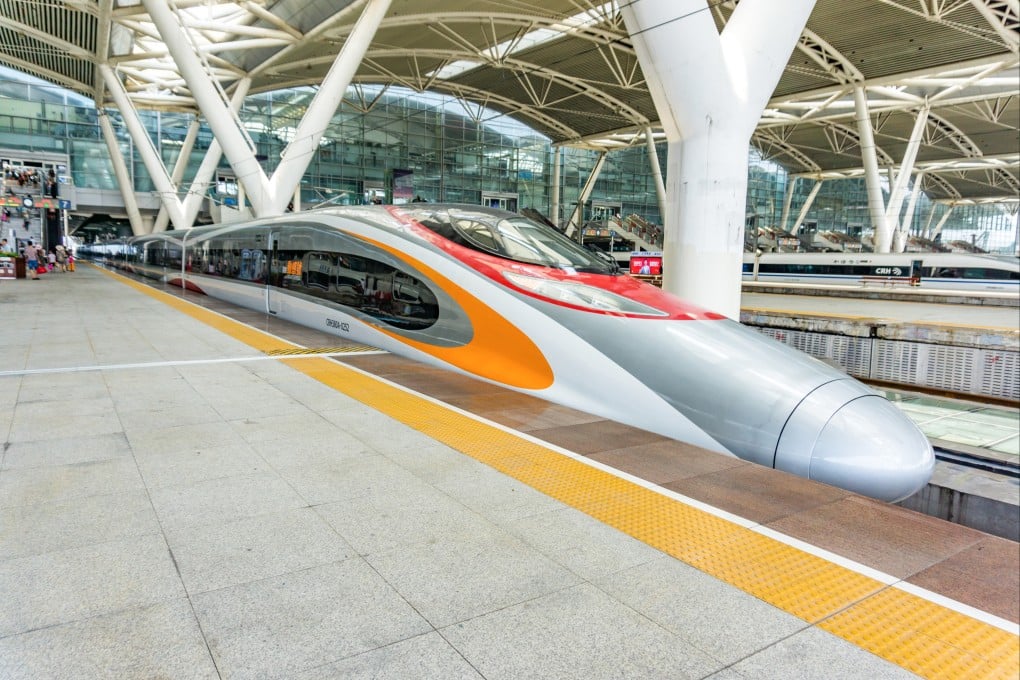Then & Now | When colonialism and other such loaded terms become convenient labels for competing groups’ pet ideas
- Were all colonisers white? Were they benevolent reformers whose destruction of local culture was a mere side effect? The colonised might not see things that way
- Take two railways, one built in China by Japanese firms, the other in Hong Kong by Chinese ones, one seen as hostile colonising, the other as rejuvenating

In my student days at Hong Kong University, one of the best history lecturers was an American Southeast Asian specialist; a no-nonsense son of former China missionaries, Professor X took no prisoners when intellectually shoddy work came within his eagle-eyed sights.
“Big” historical terminology, with inherently contradictory layers of meaning, is perennially problematic; applied as “one-size-fits-all”, it makes definitional consensus impossible.
Certain loaded terms – “colonialism” being an example – become convenient catch-all labels for whatever hobbyhorse competing groups or individuals have chosen to mount, with surprising results.
Professor X found quizzes an aid to thought clarification on such themes – and an antidote to Hong Kong’s rote-learning school culture.
In one, we were asked to identify examples of colonialism from specific examples; these ranged from invasions, occupations, installation and enforcement of laws, religion and cultural practices, music, literature and theatre, to impositions of languages, and food and crop introductions.
Carefully deconstructed in the next seminar, many found their long-held perceptions profoundly challenged.

